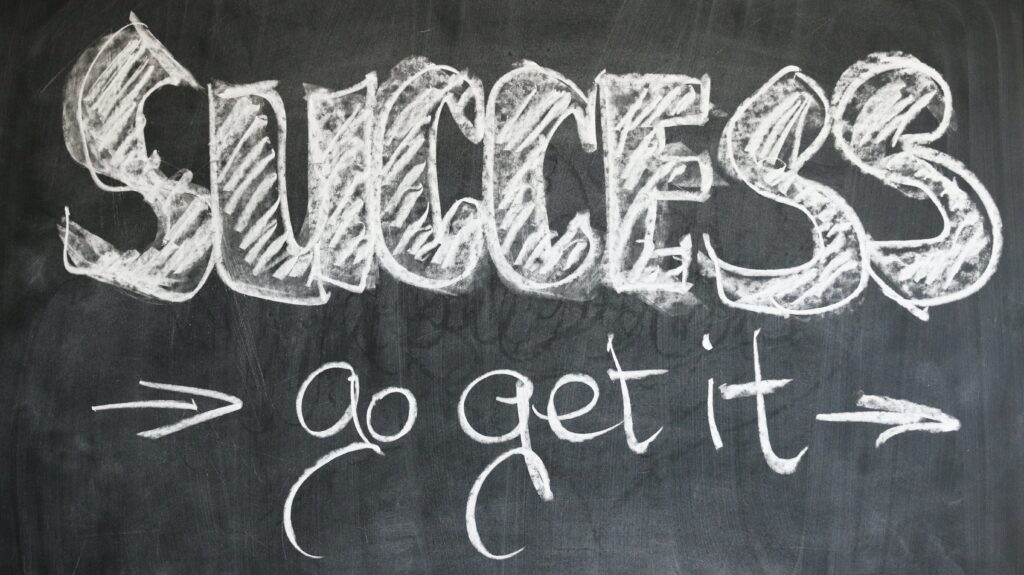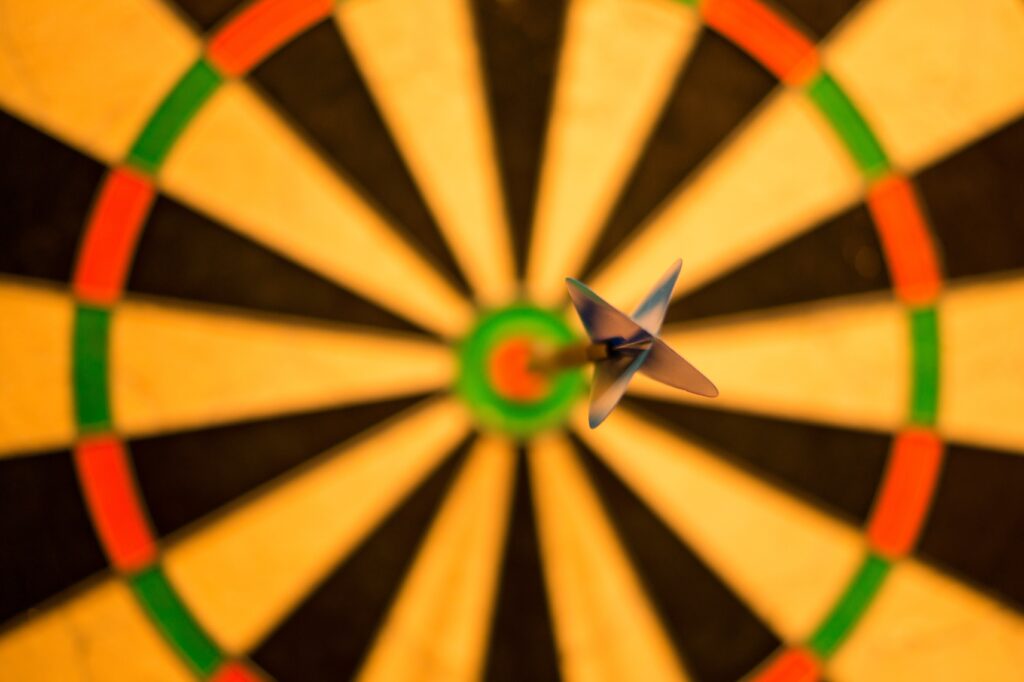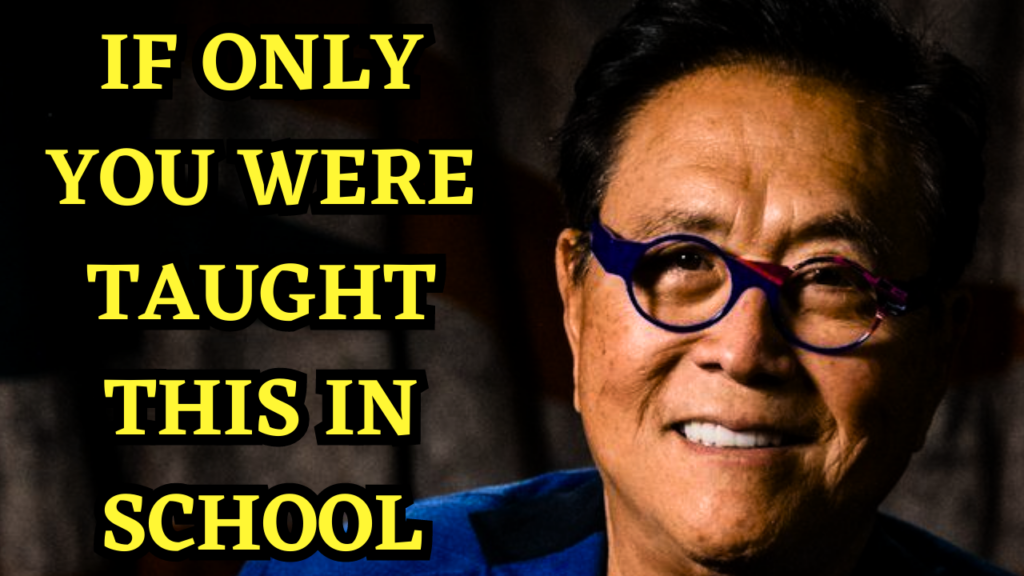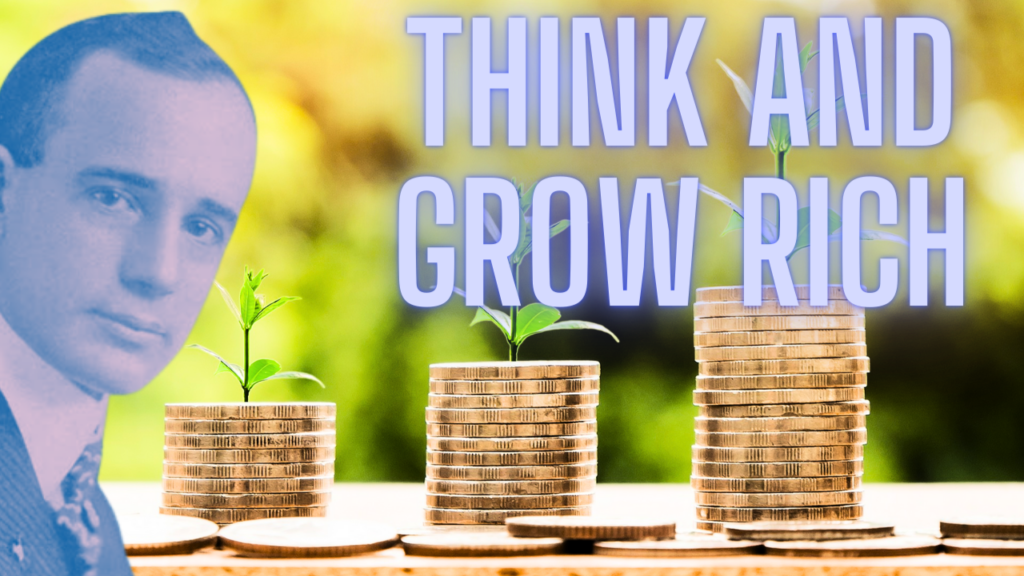Introduction
Michael Jordan’s Championship Struggle

Michael Jordan’s story is not just about his talent and success, but also about his struggles and perseverance. Despite being one of the most talented basketball players of his time, he faced numerous obstacles in his journey to win an NBA championship. Jordan’s experience teaches us that talent alone is not enough to achieve our goals. We must also be willing to put in the hard work, persevere through challenges, and continuously improve ourselves to become the best version of ourselves.
Jordan’s journey also shows us that self-improvement is an ongoing process. Even when we reach a certain level of success, we must continue to push ourselves and strive for more. This is where books like “Atomic Habits,” “Rich Dad Poor Dad,” and “The 7 Habits of Highly Effective People” can be helpful. These books offer valuable insights and strategies for personal growth, financial success, and effective habits. By reading and applying these principles, we can develop a growth mindset, set clear goals, and take action towards becoming better versions of ourselves.
In essence, Michael Jordan’s story teaches us that success is not just about talent, but also about perseverance and continuous self-improvement. To become better people, we must be willing to learn from our failures, take action towards our goals, and continuously improve ourselves through reading, learning, and applying new knowledge and strategies. By doing so, we can achieve our own versions of success and become the best versions of ourselves.
Resources to help you learn more about how to be a better person:
A Unique Approach to Success

The book “Who Not How” presents a unique approach to achieving success that can help individuals become better versions of themselves. The author, Dan Sullivan, emphasizes the importance of finding the right people to work with rather than solely focusing on how to accomplish a goal. This approach is about recognizing that we don’t have to do everything ourselves and that delegating tasks to those who have the expertise and skills can help us achieve our goals more efficiently and effectively. By adopting the “who, not how” mindset, individuals can overcome procrastination, eliminate barriers, and take action towards achieving their goals. This approach can not only lead to greater success but also allow individuals to grow and become better versions of themselves by recognizing their strengths and weaknesses and seeking help from others to fill in the gaps.
Resources to help you learn more about how to be a better person:
- Learn more about the The Power of Persistence
- How to be a better person by Positive Thinking
The “Who Not How” Principle
The Power of Who Over How

When it comes to achieving success, the traditional approach is often to focus on how to accomplish a goal. However, the book “Who Not How” presents a unique approach that emphasizes the importance of finding the right people to work with. This principle can not only help you achieve bigger goals, but it can also help you become a better person. By recognizing that you don’t have to do everything yourself and that there are others who have the expertise and skills to help you, you can develop a more collaborative and humble mindset. This approach can lead to better teamwork, stronger relationships, and a more fulfilling life. Additionally, by delegating tasks to others and focusing on your own strengths, you can increase your productivity and effectiveness, which can further enhance your personal growth. So, if you want to achieve success and become a better person, start embracing the power of who over how.
Resources to help you learn more about how to be a better person:
- How to Break a Bad Habit and Change Your Life
- Overcoming Plateaus: How to Keep Making Progress with Your Habits
How to be a Better Person Through the ‘Who Not How’ Principle

The “Who Not How” principle is not just a game-changer for achieving massive goals but also for personal growth and becoming a better person. By embracing this principle, you’re acknowledging that you don’t have to do everything yourself, and that can be a difficult realization for some individuals. We’re often taught that independence and self-sufficiency are the keys to success, but the truth is that collaboration is a more effective and efficient approach. When you focus on finding the right people to work with, you can tap into their expertise and skills, which can help you achieve your goals more efficiently and effectively. This mindset can also help you overcome personal barriers, such as the fear of asking for help or feeling inadequate. By accepting that you can’t do everything alone, you’re opening yourself up to new opportunities for growth and development. Ultimately, the “Who Not How” principle is not just about achieving success, but it’s also about becoming a better person by embracing collaboration over isolation.
Resources to help you learn more about how to be a better person:
- Learn more about the The Power of Persistence
- How to be a better person by Positive Thinking
The Three Concepts
Key Concepts for Massive Goals

When it comes to achieving massive goals, the book “Who Not How” presents three key concepts that can help individuals attain success. Firstly, the book emphasizes the importance of understanding the difference between effort and results. It suggests that instead of solely focusing on putting in effort, one should also prioritize the results they want to achieve. Secondly, the “who, not how” mindset is presented as a crucial factor in achieving great success. This mindset suggests that instead of focusing on how to accomplish a goal, individuals should prioritize finding the right people to work with who can help them achieve the goal more efficiently. Lastly, the book emphasizes the importance of overcoming limiting beliefs that hold individuals back from achieving their goals. By identifying and overcoming these beliefs, individuals can unlock their true potential and achieve massive success. Overall, by incorporating these three concepts into their lives, individuals can achieve their goals and become better versions of themselves.
Resources to help you learn more about how to be a better person:
Exploring Three Concepts for Achieving Massive Goals

When it comes to achieving massive goals, there are three key concepts presented in the book “Who Not How” that can be particularly helpful. The first concept is understanding the difference between effort and results. Often, we equate effort with results, assuming that the more effort we put in, the more successful we will be. However, this is not always the case. It’s important to focus on the activities that produce the greatest results and allocate our efforts accordingly. The second concept is adopting a “who, not how” mindset, which emphasizes finding the right people to work with rather than trying to do everything ourselves. By surrounding ourselves with the right people, we can leverage their skills and expertise to achieve our goals more efficiently and effectively. Finally, overcoming obstacles is a critical component of achieving success. This involves taking action in the face of adversity, learning from our mistakes, and persisting through challenges. By applying these three concepts, we can not only achieve our goals, but also become better people in the process. We can learn to focus our efforts where they will be most effective, develop strong relationships with others, and build resilience in the face of obstacles.
Resources to help you learn more about how to be a better person:
Applying the “Who Not How” Approach
Success Stories: Applying the ‘Who, Not How’ Principle

The “Who, Not How” principle has been successfully applied by many individuals and businesses in various fields. For instance, Richard Branson, the founder of Virgin Group, is a firm believer in this principle. He credits his success to the fact that he surrounds himself with talented people who can handle tasks that he cannot. He has also built a culture of delegation within his organization. Branson’s success story shows that success is not just about hard work, but also about building a team that can complement your skills and strengths.
Another example is that of Tim Ferriss, the author of “The 4-Hour Workweek.” He advocates for the use of virtual assistants and outsourcing as a way of focusing on the things that matter most in your life and business. Ferriss advises people to delegate as much as possible and to focus on their unique abilities. By doing so, they can achieve more with less effort.
In the corporate world, companies like Google and Apple have also adopted this principle. Google, for instance, has a policy of giving employees 20% of their work time to work on projects that interest them. This approach has resulted in some of Google’s most successful products, including Gmail and Google News. Apple, on the other hand, is known for its focus on design and user experience. The company hires top talent to create products that are not only functional but also beautiful and easy to use.
The “Who, Not How” principle has been successfully applied by many individuals and businesses to achieve their goals. By focusing on finding the right people to work with, rather than doing everything themselves, they are able to achieve more with less effort. These success stories show that adopting this principle can be beneficial for anyone who wants to be a better person and achieve great things in their personal and professional lives.
Resources to help you learn more about how to be a better person:
Summary
Power of Partnership: The ‘Who Not How’ Approach to Success

The “who, not how” approach to success emphasizes finding the right people to work with in achieving your goals, rather than focusing solely on how to accomplish them yourself. This principle is based on the idea that success is not just about effort, but also about strategic collaboration. By leveraging the strengths and expertise of others, you can achieve greater results with less effort. This approach is in contrast to the traditional mindset of doing everything yourself, which can lead to burnout, stagnation, and limited success.
To apply the “who, not how” approach, you must first identify your unique abilities and the areas where you lack expertise or experience. Then, you can seek out individuals or businesses who possess the skills and knowledge you need to achieve your goals. By working with the right people, you can tap into their experience, network, and resources to accelerate your progress.
Real-world examples of successful individuals and businesses that have used the “who, not how” approach include Elon Musk, who partnered with NASA to launch SpaceX, and Richard Branson, who built his Virgin empire by partnering with other businesses and investors. The book “Who Not How” also provides numerous case studies and examples of businesses that have transformed their operations and achieved massive success by leveraging strategic partnerships.
Overall, the “who, not how” approach is a powerful tool for achieving success in business and life. By working with the right people and focusing on collaboration rather than individual effort, you can achieve greater results with less stress and burnout. It’s not just about what you know or what you can do, but also about who you know and who you can work with. This principle emphasizes the importance of building strong relationships and networks, which can not only help you achieve your goals but also make you a better person.
Resources to help you learn more about how to be a better person:
Achieving Success by Finding the Right People: Why You Should Read ‘Who Not How’

In today’s world, success is often viewed as a result of individual effort and hard work. However, the book “Who Not How” challenges this traditional mindset and introduces a new approach to achieving success by focusing on finding the right people to work with. The book highlights the importance of recognizing our limitations and seeking out individuals with the skills and expertise needed to achieve our goals. By doing so, we can achieve greater success than we could on our own.
To be a better person, we must be willing to let go of our ego and recognize that we cannot do everything ourselves. By embracing the “who, not how” mindset, we can develop better relationships with others and learn to trust their abilities. This not only helps us achieve our goals, but also helps us become better people by learning to collaborate and work effectively with others.
The book also presents three key concepts for achieving massive goals: the difference between effort and results, the “who, not how” mindset, and overcoming limiting beliefs. By understanding and applying these principles, we can achieve success beyond what we may have thought possible.
Real-world examples of successful individuals and businesses that have used this approach to achieve their goals include Elon Musk, Richard Branson, and Apple. These individuals recognized their limitations and sought out the right people to help them achieve their goals, resulting in their incredible success.
In conclusion, “Who Not How” is a must-read for anyone looking to achieve greater success in their personal and professional lives. By embracing the principles presented in the book, we can learn to work effectively with others, achieve greater success, and ultimately become better people.
Resources to help you learn more about how to be a better person:



